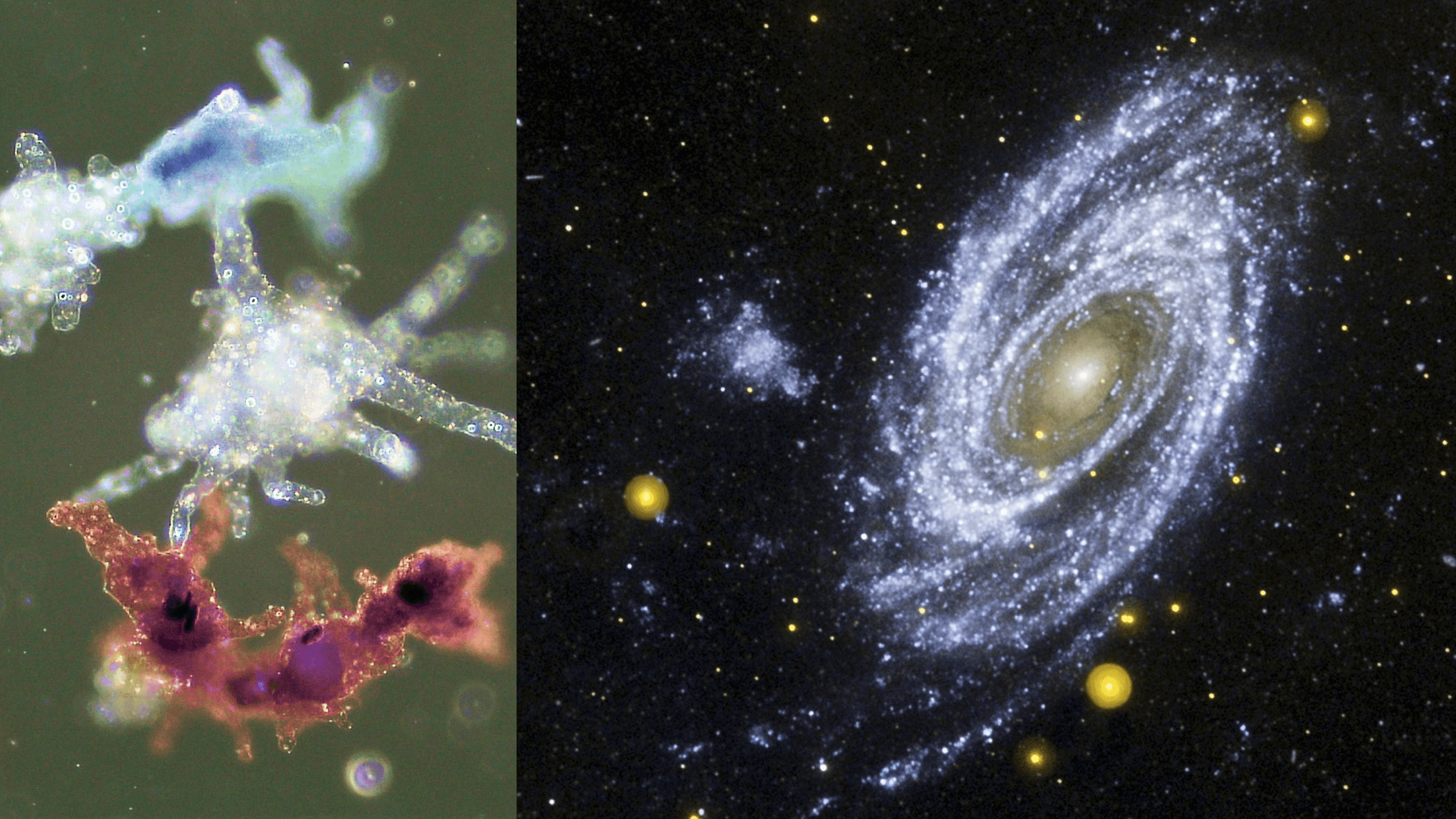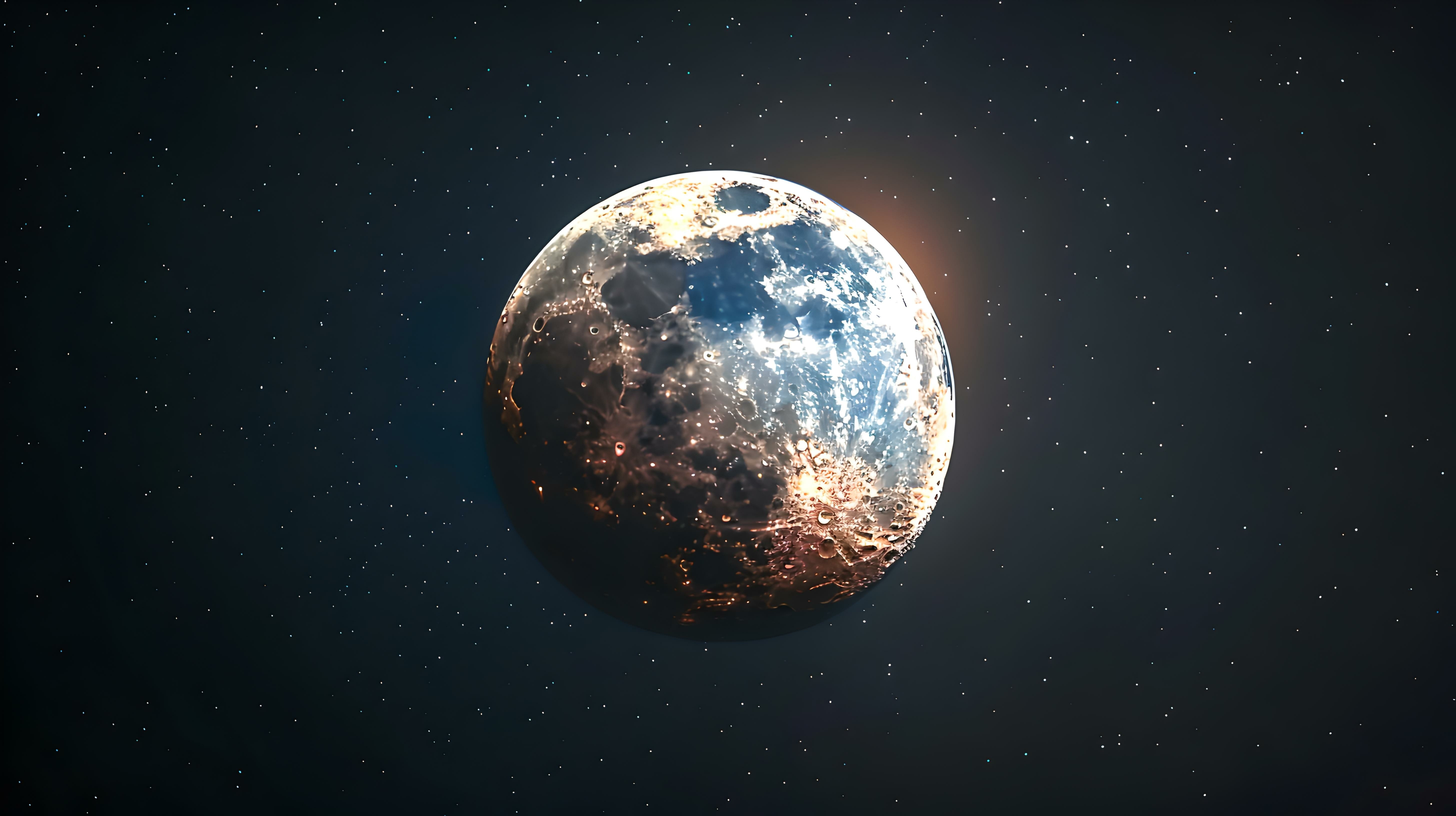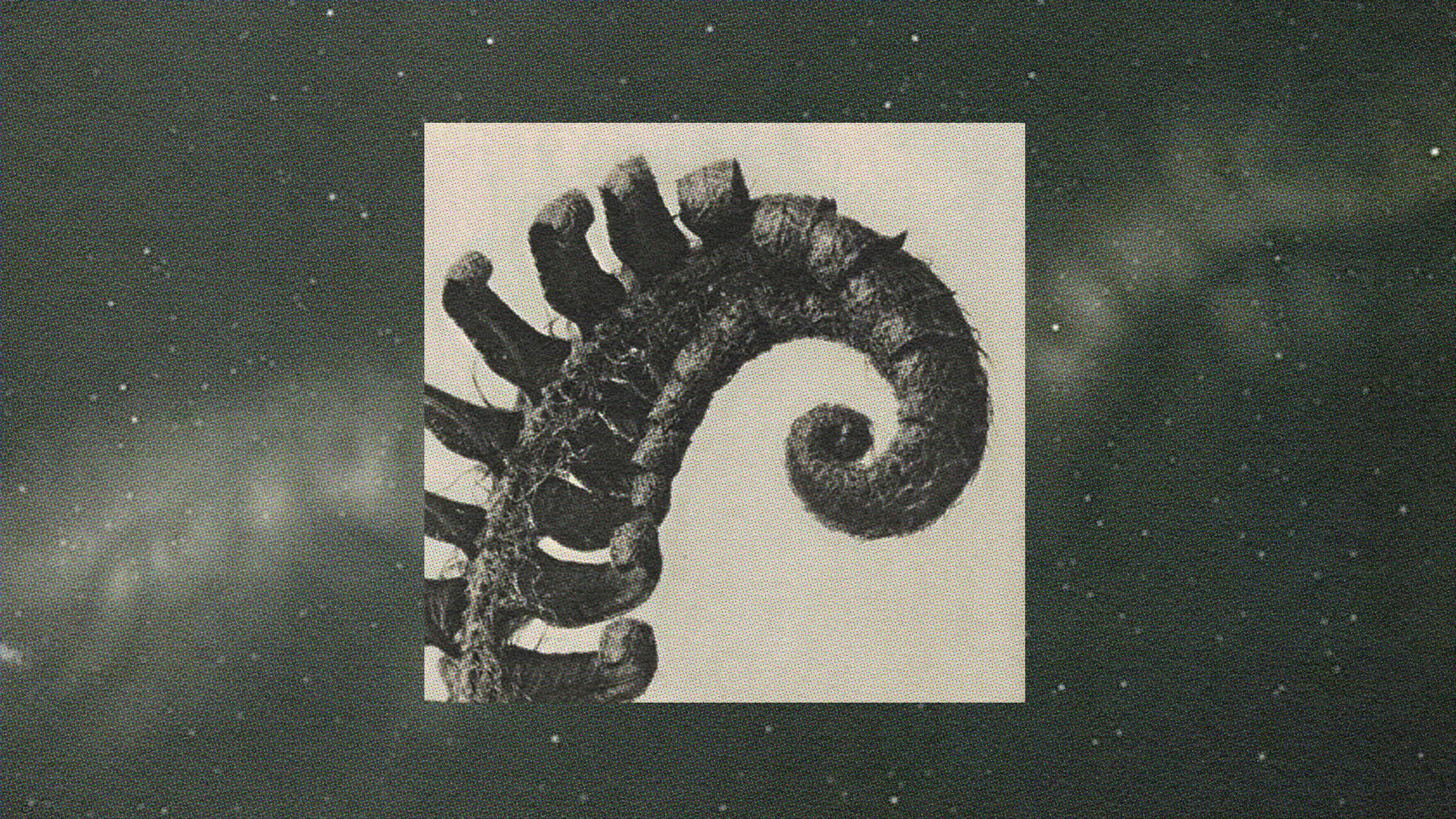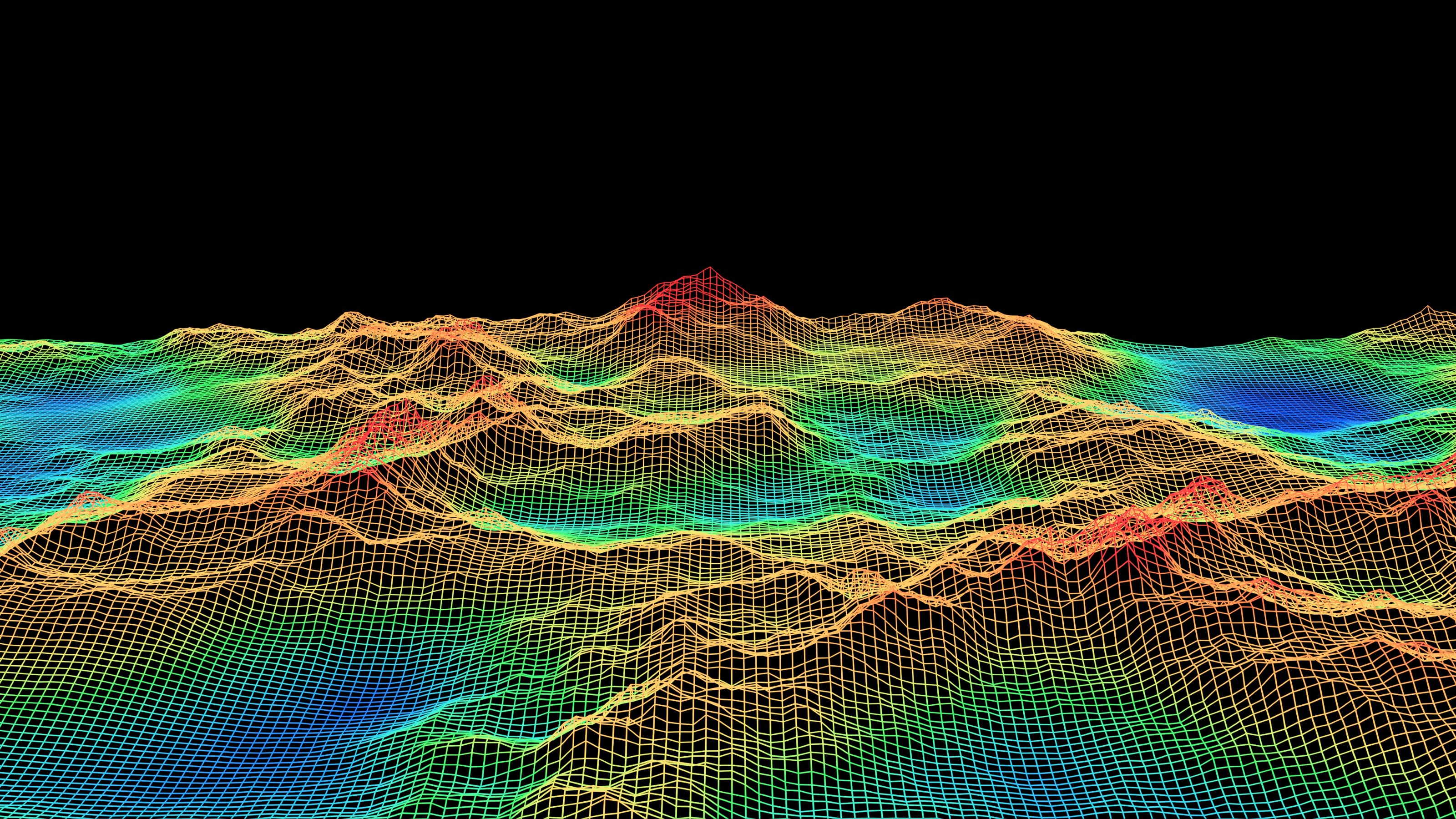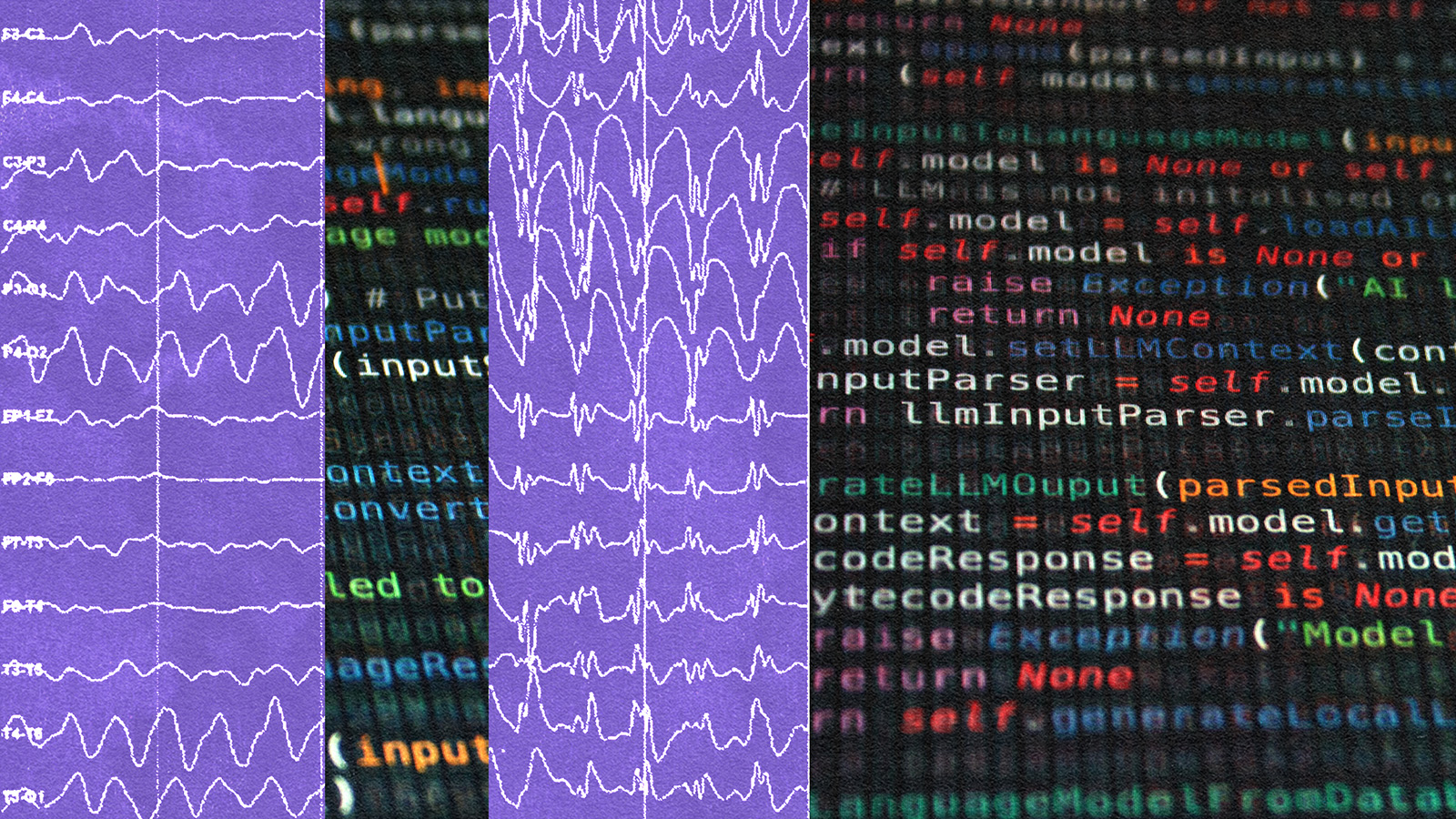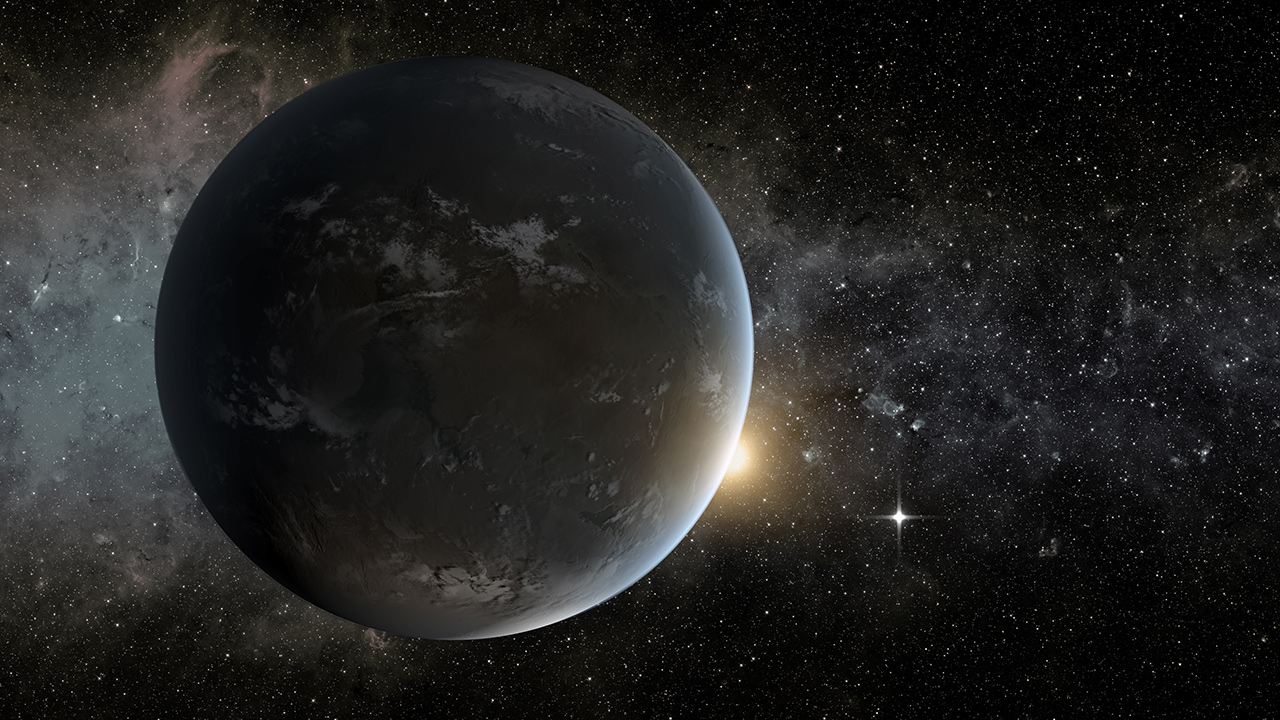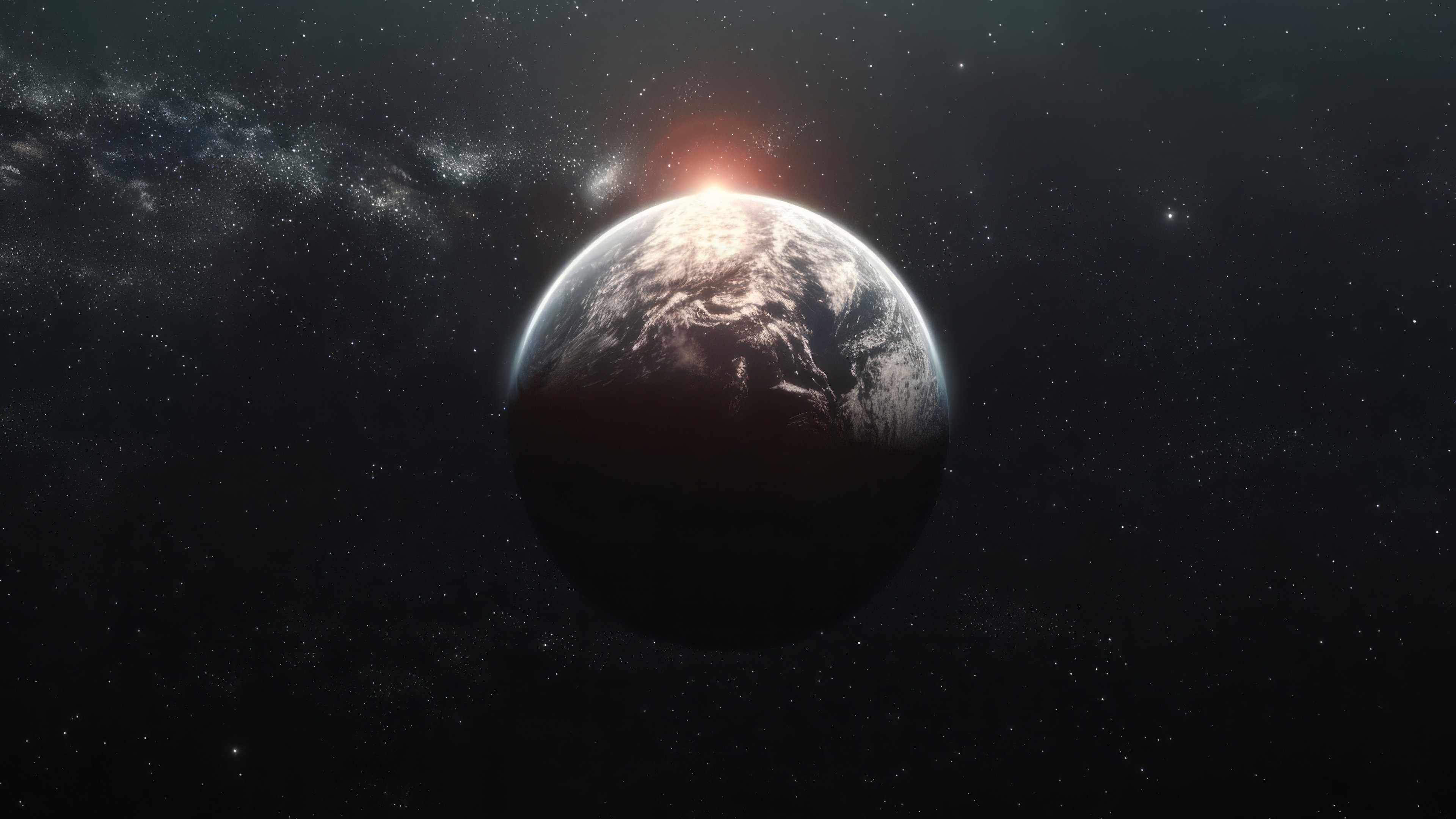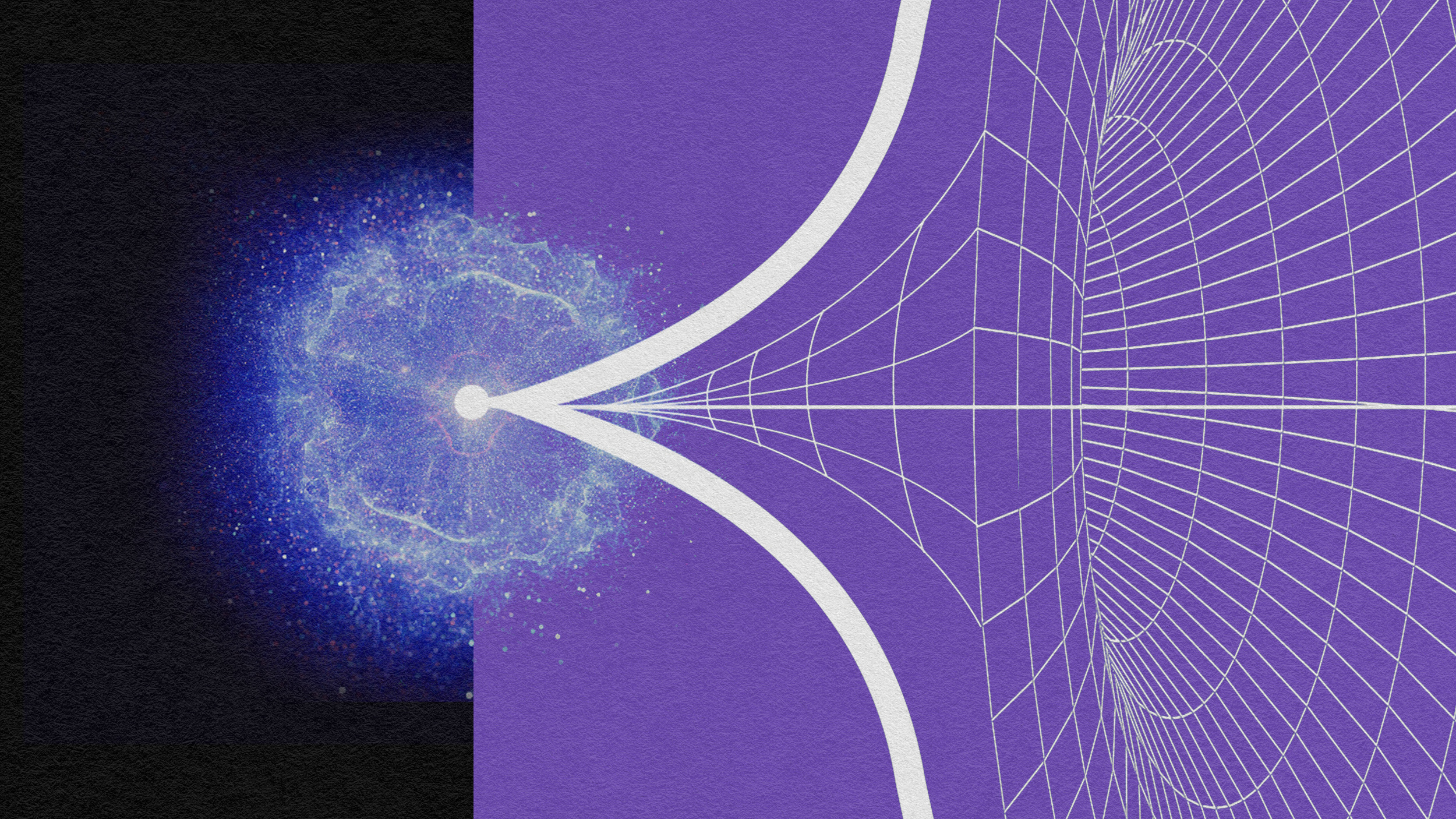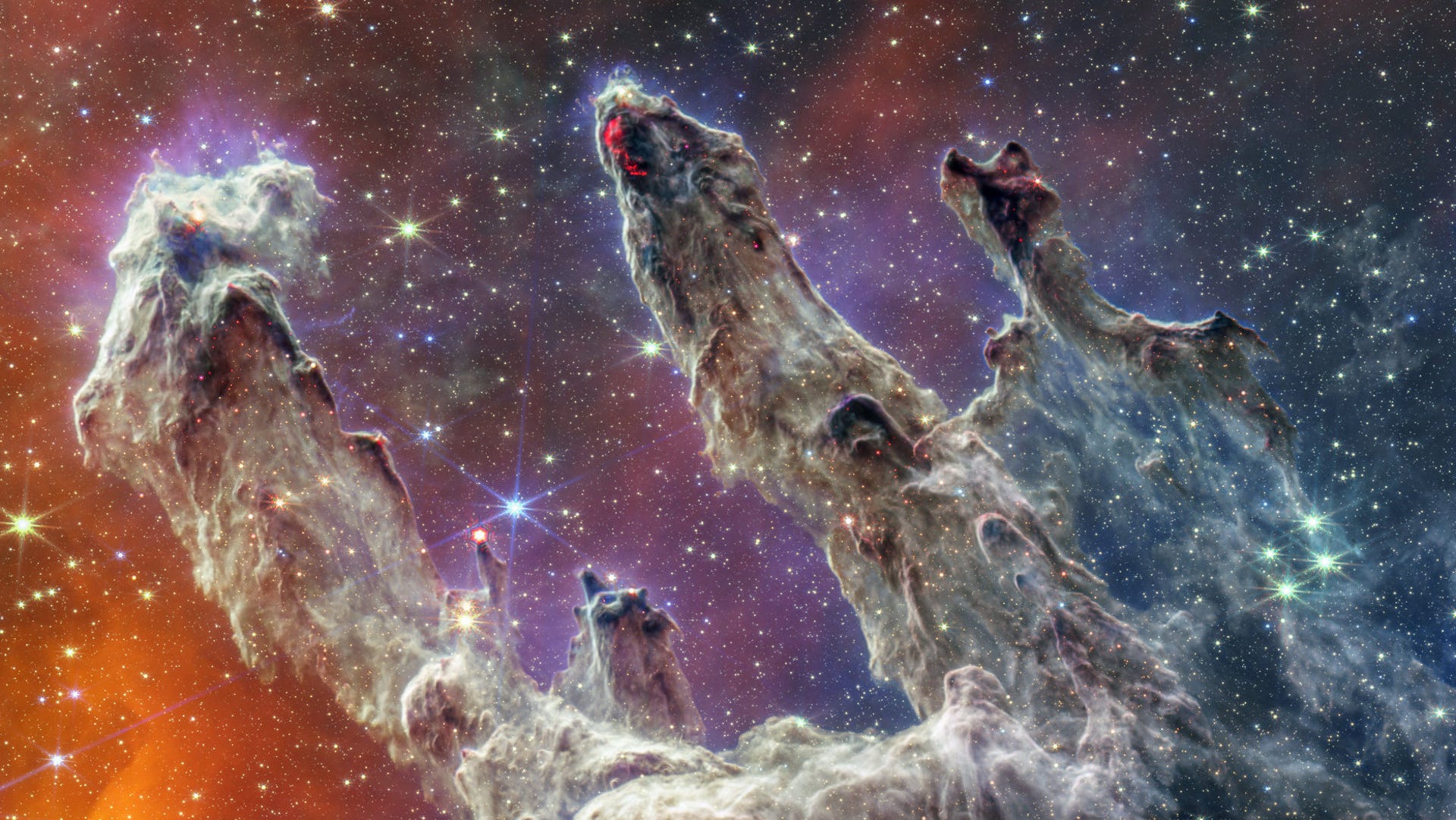The problem for galactic-scale civilizations comes down to two numbers.
“I was stunned. Here in front of me was the original apparatus through which a new vision of the world was slowly and painfully brought to light.”
We need a “theory that explains the evolution of evolution,” argues theoretical physicist Sara Imari Walker.
Astronomer Adam Frank asks: With so many extraordinary claims, why can’t anybody produce the proof?
How did life on Earth begin? Is there life on other worlds? An answer to either question will reflect heavily on the other.
It’s deceptively tricky to distinguish living systems from non-living systems. Physics may be key to solving the problem.
By focusing on the role of human experience, we may uncover new insights on the fundamental structure of reality.
Finding life beyond our Solar System requires understanding its host planet.
In “Life As No One Knows It,” Sara Imari Walker explains why the key distinction between life and other kinds of “things” is how life uses information.
In the 1970s, James Lovelock proposed that the biosphere was not just green scruff quivering on Earth’s surface. Instead, it managed to take over the geospheres.
A perfect map is as useless as it is impossible to create.
Physicists have increasingly begun to view life as information-processing “states of matter” that require special consideration.
The future belongs to complexity.
33 years ago, the theoretical biologist Robert Rosen offered an answer to the question “Is life computable?”
The preservation and celebration of life, and not greed, should be our primary decision-making value.
In 2023, data from the James Webb Space Telescope soured hopes that TRAPPIST-1 c had an atmosphere. That disappointment might have been premature.
NASA’s minivan-sized drone is scheduled to search for signs of life on Titan in 2034.
An interview with Lisa Kaltenegger, the founding director of the Carl Sagan Institute, about the modern quest to answer an age-old question: “Are we alone in the cosmos?”
Discover how Quantum Bayesianism challenges traditional quantum mechanics by focusing on the role of the observer in creating quantum reality.
Even with the best technology imaginable, you’d probably never be able to exist as a consciously aware brain in a vat.
Total eclipses are a product of a strange and almost eerie cosmic coincidence — one that makes Earth an even rarer world in the galaxy and, by proxy, in the Universe.
Explore how the study of exoplanets is transforming our understanding of ocean formation.
The “first cause” problem may forever remain unsolved, as it doesn’t fit with the way we do science.
A deep dive into the chaotic journey of star formation.
Here’s the case for why science can’t keep ignoring human experience.
13.8 columnist Marcelo Gleiser reflects on his recent voyage to Earth’s last wild continent.
Human civilization has always survived periods of change. Will our rapidly evolving technological era be an exception to the rule?
In 1924, Edwin Hubble found proof that the Milky Way isn’t the only galaxy in the Universe.
Big Think columnist Adam Frank makes the case for why the 2023 video game Alan Wake 2 is a boundary-pushing piece of art.




